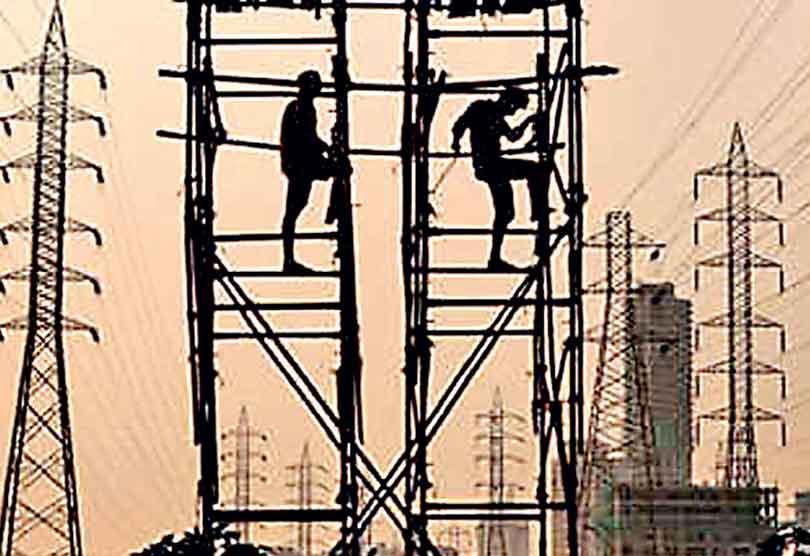20 Feb 2024 - {{hitsCtrl.values.hits}}

The Ceylon Electricity Board is one of the
nation’s highest loss-making state entities (File photo)
By Shabiya Ali Ahlam
The resistance to restructuring the state-owned enterprises is a common narrative but the Ceylon Electricity Board Engineers Union (CEBEU) has made it clear that it is not opposed
to reforms.
In contrast to the perception that the unions are always against change, the CEBEU clarified that it is supportive of reforms, provided they are progressive.
The Ceylon Electricity Board (CEB), one of the nation’s highest loss-making state entities, will undergo restructuring to alleviate its burden on the country’s public finances, a significant economic challenge.
“I have to clearly say this CEBEU is not against any reforms. We are ready for unbundling. There are several aspects that need to be revised and amended in the new act. We are looking forward to that,” said CEBEU Joint Secretary Buddhika Wijayawardena, at a thought leadership forum with the industry stakeholders.
The general sentiment at the forum was that the CEBEU supports “desirable reforms”, expecting changes that “make sense”.
Acknowledging the poor public perception of the CEB, the forum emphasised the need for stronger efforts to move towards a more customer-focused service culture.
“Our performance at the consumer interface is very poor. A lot of improvements, without reforms, are essential. Our technical performance is very good but there is no customer-focused service culture. This is an area that needs focus,” said Engineer Lakshitha Weerasinghe.
Engineer Dr. Tilak Siyambalapitiya emphasised that regardless of the reforms being rolled out, competitive procurement of generation and benchmarking costs of the CEB are imperative. This must be implemented along with the key performance indicators provided and compared with the regional best practices.
“Efforts must be made to provide better services to the customers, at lower costs. The target should ideally be Rs.32 Kw/h, which is US $ 0.10,” said
Dr. Siyambalapitiya.
The current average price is US $ 0.50 for a Kw/h.
The power expert pointed out that to achieve this, Sri Lanka requires the regulator, the Public Utilities Commission of Sri Lanka, to be a fair and competitive regulator, which is independent and aggressive.
In December 2023, a new electricity bill was introduced concerning the restructuring of the loss-making CEB and electricity sector.
This bill included proposals related to the restructuring of the CEB and electricity sector.
22 Nov 2024 8 hours ago
22 Nov 2024 22 Nov 2024
22 Nov 2024 22 Nov 2024
22 Nov 2024 22 Nov 2024
22 Nov 2024 22 Nov 2024